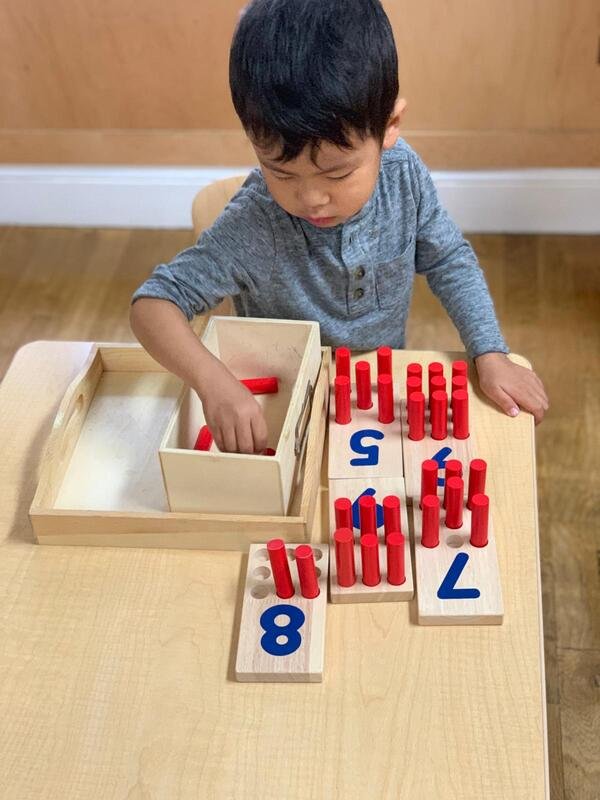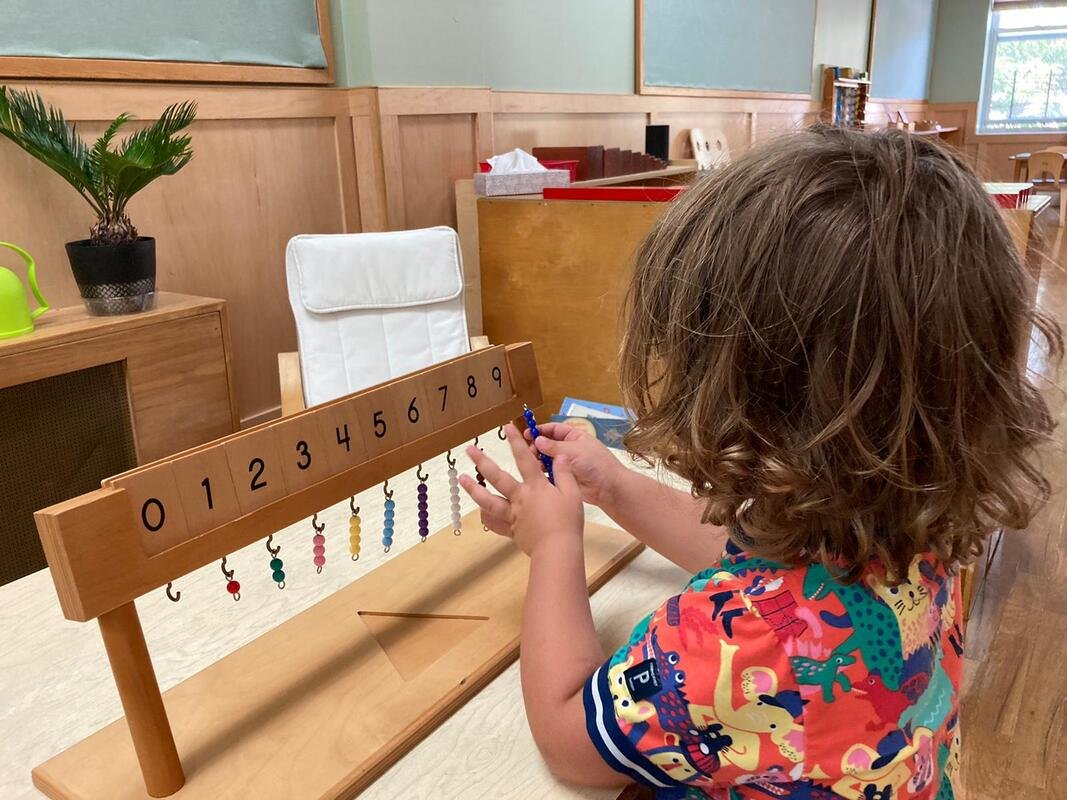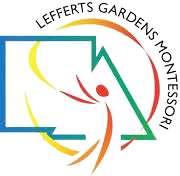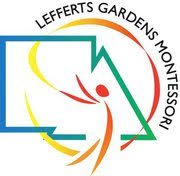Fostering strong minds and empowered thinkers.
Our programs and practices are based on the philosophy and pedagogy of Maria Montessori, a pioneer educator and investigator of child development.
Our Philosophy
Working early in the twentieth century, Dr. Montessori recognized the importance of each child's early experiences for the development of a healthy, responsible adult. She believed that the potential within each child must be carefully nurtured by caring adults. By working collaboratively, parents and teachers can create rich, exciting, engaging environments in which each child develops, a compassion positive self-image, positive dispositions to learning, physical, social and cognitive competencies, autonomy in all areas.
Montessori’s approach to education aims to develop each child's full range of abilities and talents while simultaneously celebrating his or her uniqueness and cultural background and the ability to view experiences from different perspectives are highly valued.





Our Mission & Vision
Our Mission
We support our children to reach their full potential and to be responsible citizens, inspiring them to be compassionate, independent, critical thinkers with creative minds, in an ever-changing world.
Our Vision
Fostering Strong minds and empowered thinkers in a community that reflects diversity.
The Whole Child
From the perspective of Maria Montessori and those who have followed in her footsteps, each child is a whole, with an intellect, cognitive capacities, linguistic and social skills, inhabiting a physical body and an unassailable spirit. A Montessori environment caters to the whole child, and children are encouraged to make use of the environment in all of its complexity.
The instinctive physical striving and struggle for autonomy of a child's earliest years, by the age of three, four, and five, give way to more deliberate efforts to make sense of and master their world. At LGM, children receive support to look inside for inspiration and to do things for themselves.
On a practical level, this requires a work ethic on the part of the teacher and the child. Rather than give them the answers, we help children learn to problem-solve so they can think for themselves Although there are occasional groups, as well as one-on-one presentations by our teachers, the approach is not to say "Today I am going to teach you". Our students model an authentic engagement with life and learning through the class materials. Thus, children learn the Montessori method of selecting an activity, settling down to work, respecting their companions as they work, focusing and completing the work at hand, and replacing the material when finished, in order to complete the process.
Children learn the Montessori method of selecting an activity, settling down to work, respecting their companions as they work, focusing and completing the work at hand, and replacing the material when finished, in order to complete the process.
With such a simple method, the whole child blossoms. Our modeling demonstrates a particular way of being: habits of mind that naturally result in the soundness of spirit and a trustworthy autonomy. The sense of freedom they develop imparts responsibility, self-respect, and innate self-discipline.
Having assimilated these traits, children gain self-confidence and develop an appreciation of aesthetics. They move gracefully within their environment and relate to the world through serenity and joyfulness that results in dignity, respect for others, respect for the work materials, and their environment. These children wish to be respected, not as embryonic adults but as individuals who deserve and expect the liberties to which they are accustomed.
The result transcends the classroom to reveal something about human nature – that order, respect, and self-discipline result in freedom, creativity, self-respect, and dignity, which in turn generates respect for others.
In our Montessori environment, children learn to love to focus and concentrate, work hard, see knowledge, problem-solve, and live harmoniously.


